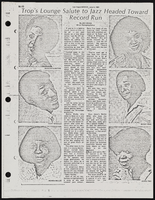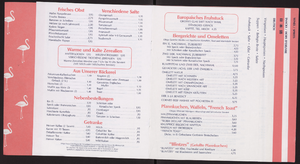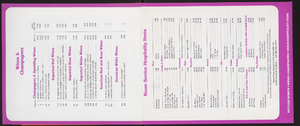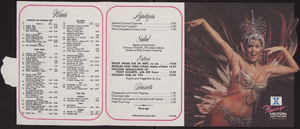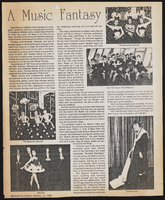Search the Special Collections and Archives Portal
Search Results
Laura Perkins (University of Nevada Regent) oral history interview conducted by Kelliann Beavers: transcript
Date
Archival Collection
Description
From the Lincy Institute "Perspectives from the COVID-19 Pandemic" Oral History Project (MS-01178) -- Elected official interviews file.
Text
Goldfield Consolidated Mines Company Records
Identifier
Abstract
The Goldfield Consolidated Mines Company Records (1904-1930) consist of correspondence, invoices, receipts with voucher checks, mining leases, insurance policies, payroll accounts, published notices and articles. Also included is a monthly Goldfield Consolidated Mines reports ledger from February 1914 to October 1916 for mines located in the south central Nevada area. The collection primarily dates from 1904, before the consolidation when the boom in Goldfield was beginning in earnest, until 1919, when the company ceased its operations in Goldfield, although there are a few records post-1919 as the company continued to exist after the mines and mill closed down.
Archival Collection
C. A. Earle Rinker Papers
Identifier
Abstract
The C. A. Earle Rinker Papers (1880-1960) contain materials that document the history of early twentieth century Goldfield, located in central Nevada, as well as the life of Rinker. Materials in the collection include correspondence, mining prospectuses, maps, ledgers, souvenirs, photographic negatives, and ephemera that document mining and daily life. Also included is biographical material that tells the story of Earle Rinker and his family before 1906 and after 1909, documenting his life in Indiana and Illinois.
Archival Collection

